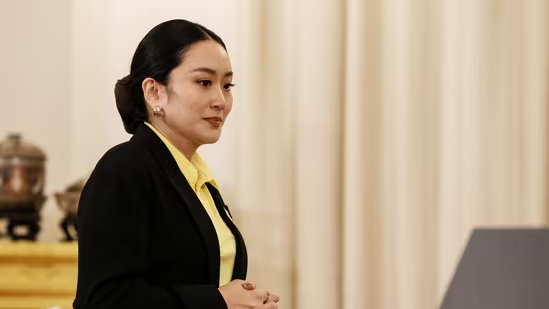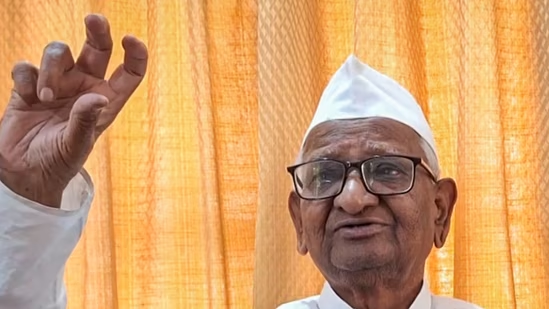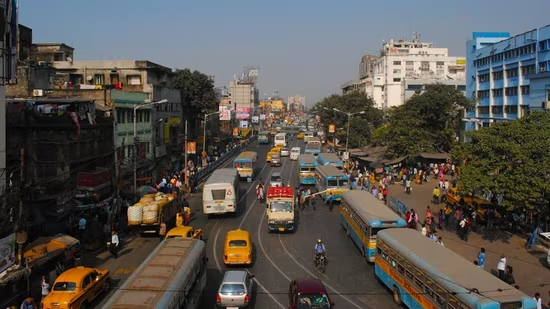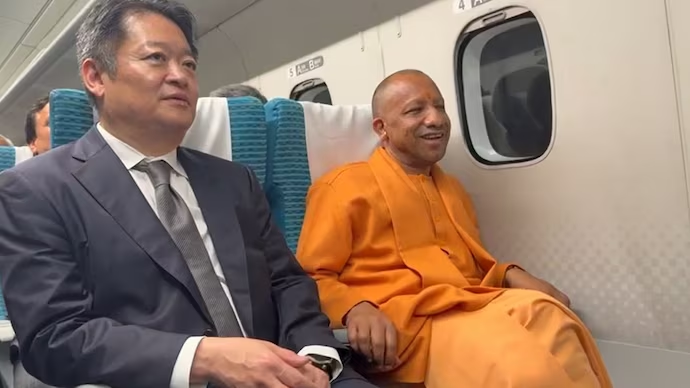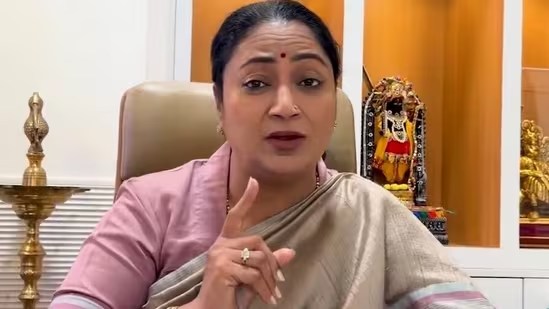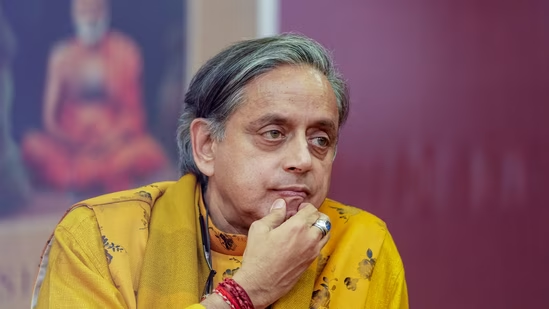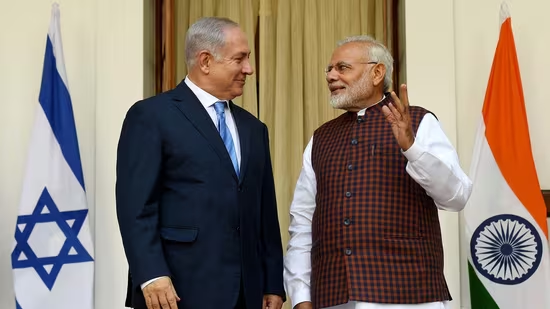Thailand’s Prime Minister Paetongtarn Shinawatra has been dismissed from office by the country’s Constitutional Court just one year into her term after being found guilty of violating ethical standards.
A court on Friday ruled that she violated ethics rules after leaking a phone call with Cambodia’s former leader.
The Thai Constitutional Court also said that the prime minister lacked qualifications under the Constitution.
After the court’s verdict, deputy premier Phumtham Wechayachai and the current cabinet will oversee the government in a caretaker capacity until a new prime minister is chosen by parliament, on a date to be decided by the house speaker.
Who are the possible PM candidates?
There are five remaining eligible candidates from those declared before the 2023 election.
Pheu Thai initially had three but is now left with only one: Chaikasem Nitisiri, 77, a former justice minister and attorney general who has kept a low profile but has said he is ready to step up.
Another possibility is Anutin Charnvirakul, 58, an ambitious former interior minister and deputy premier whose Bhumjaithai party quit Paetongtarn’s coalition in June.
Also eligible are current Energy Minister Pirapan Salirathavibhaga, former deputy prime minister Jurin Laksanawisit, and ex-premier Prayuth Chan-ocha, a general who led a 2014 coup against the last Pheu Thai government. Prayuth, 71, is retired from politics and is currently a royal adviser.
A candidate needs the endorsement of 50 lawmakers before the House can vote. The backing of more than half of the lower house’s current 492 members – or 247 votes – is required to become prime minister.
If the candidate fails, the house must convene again, and the process will be repeated for any other candidates nominated until a prime minister is chosen. There is no time limit on the process.
